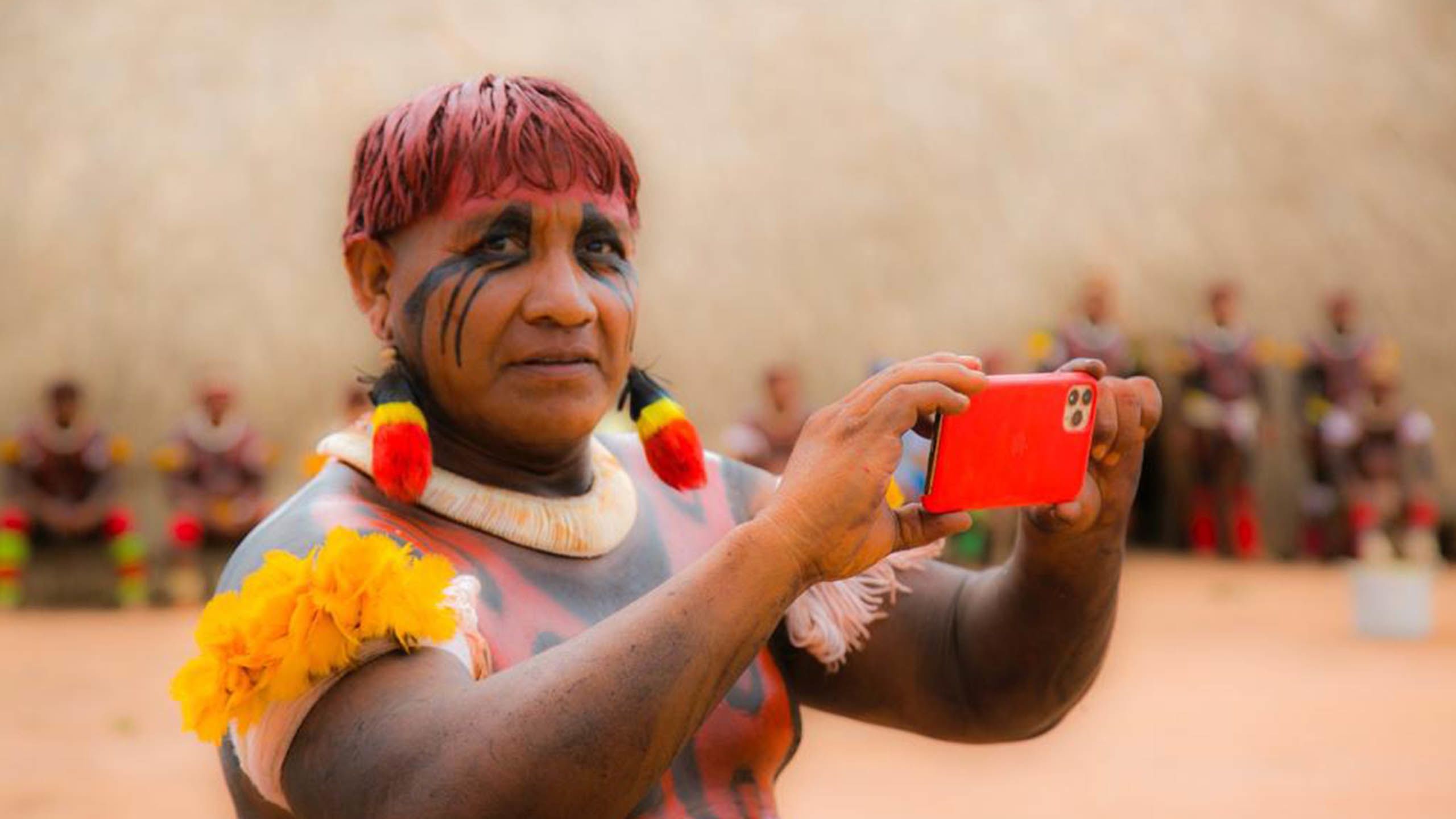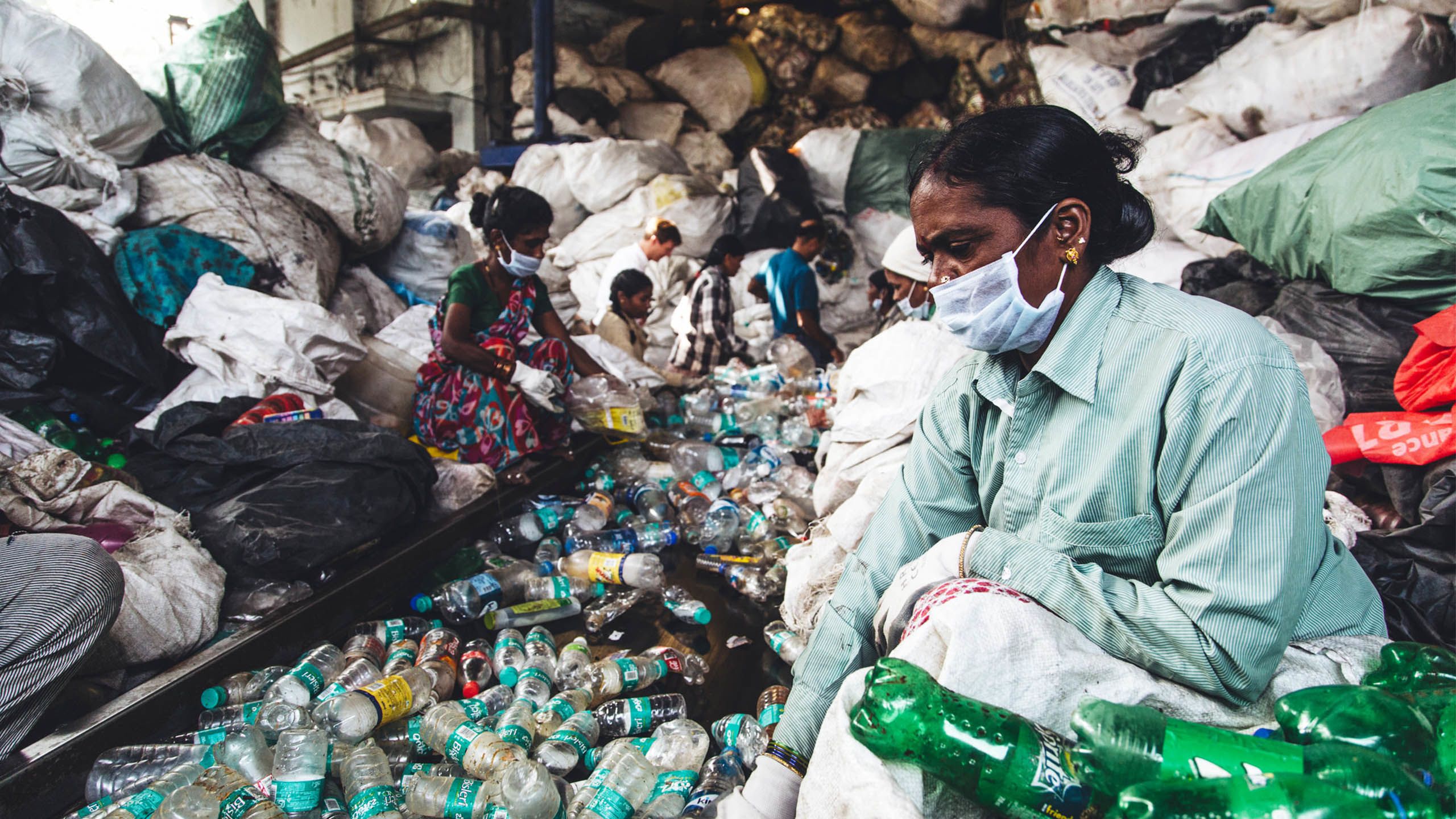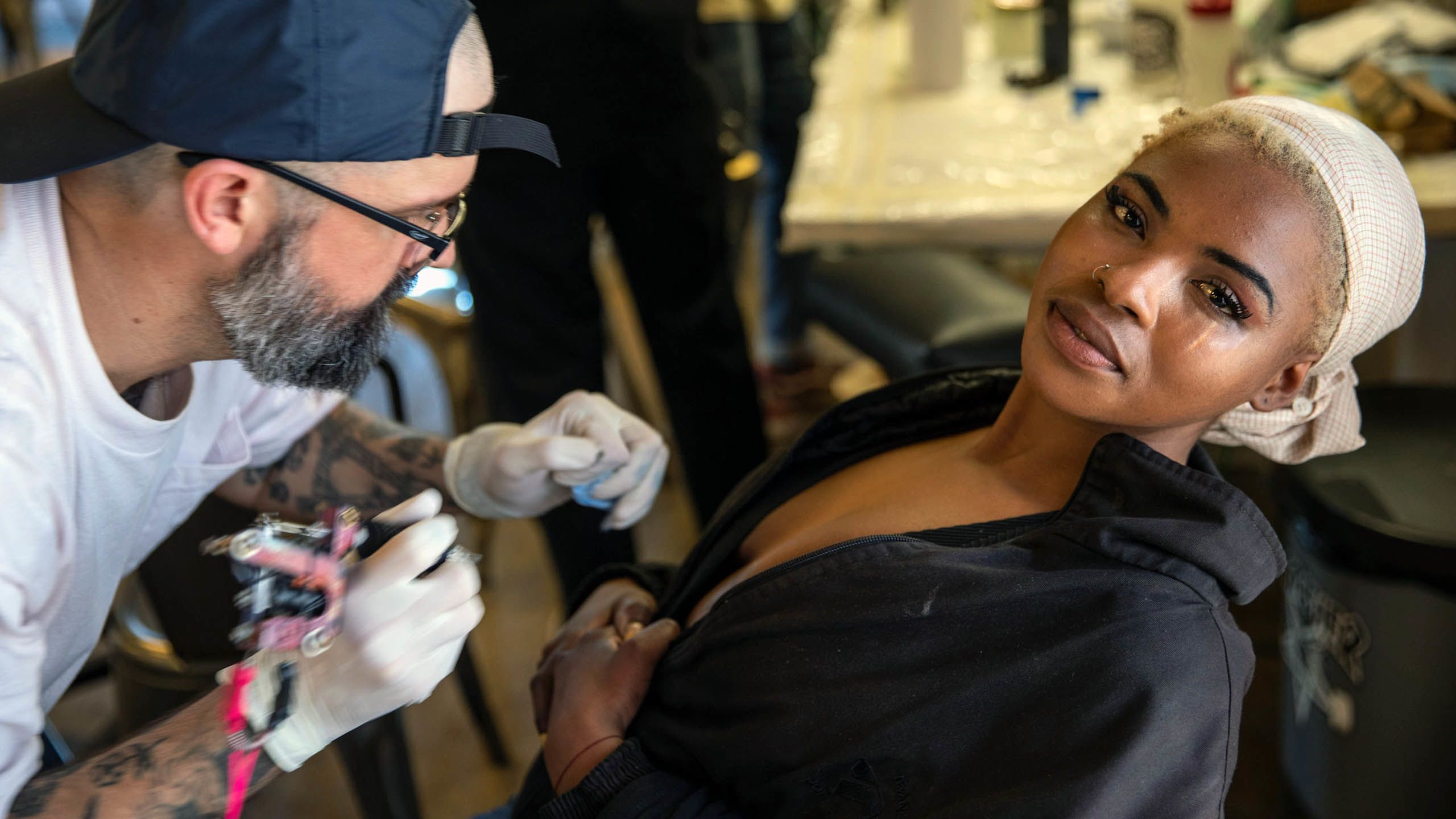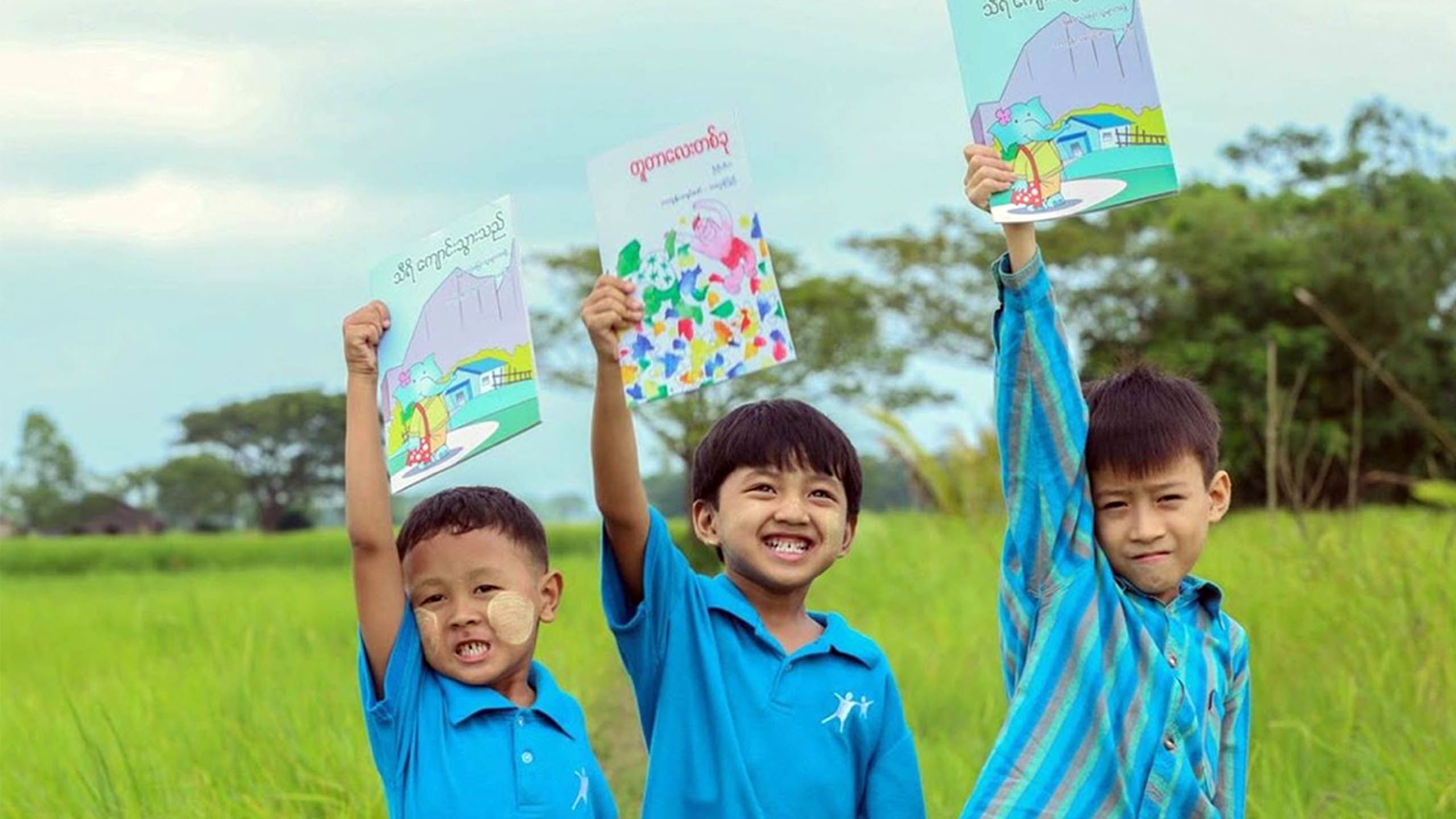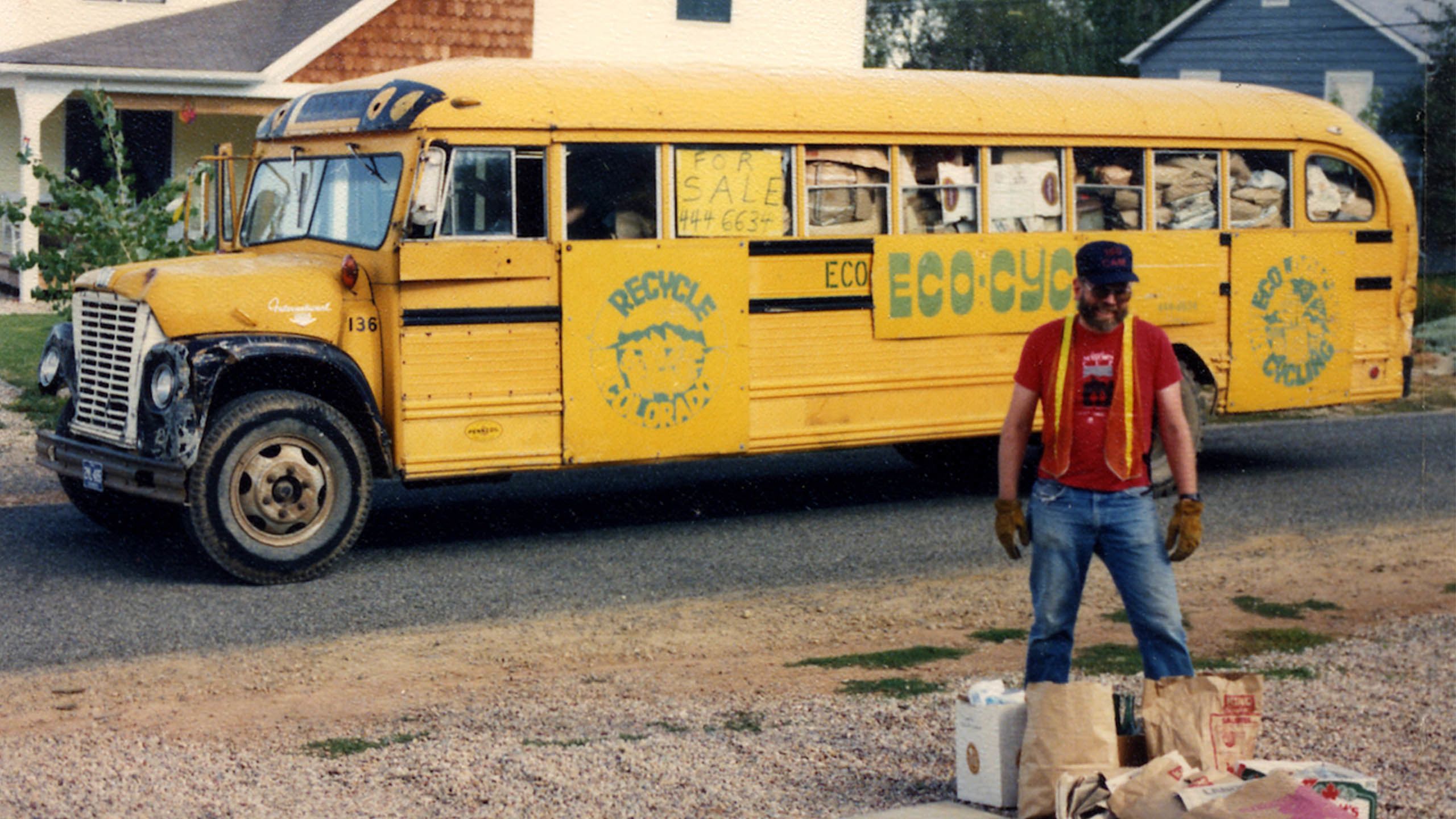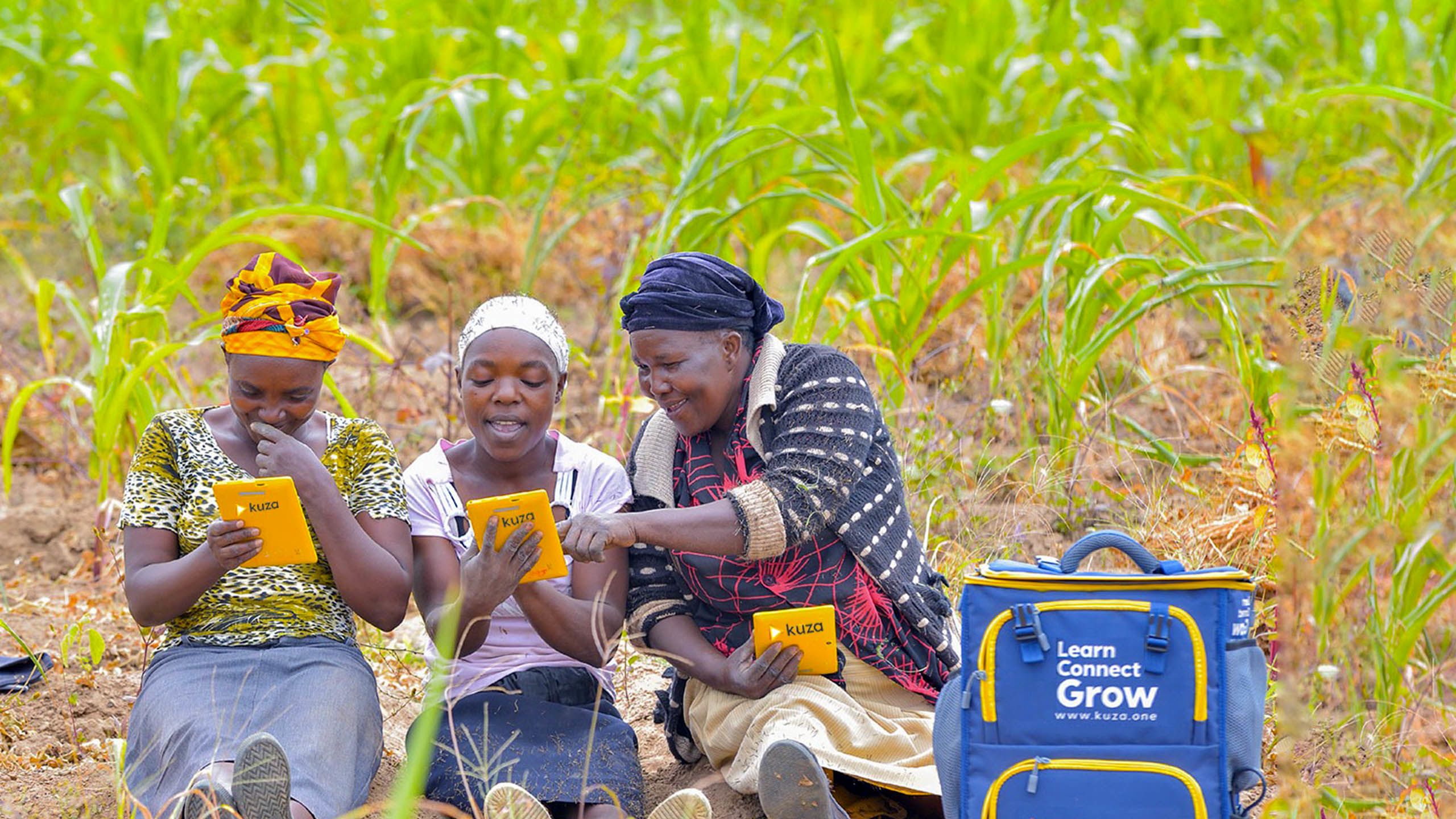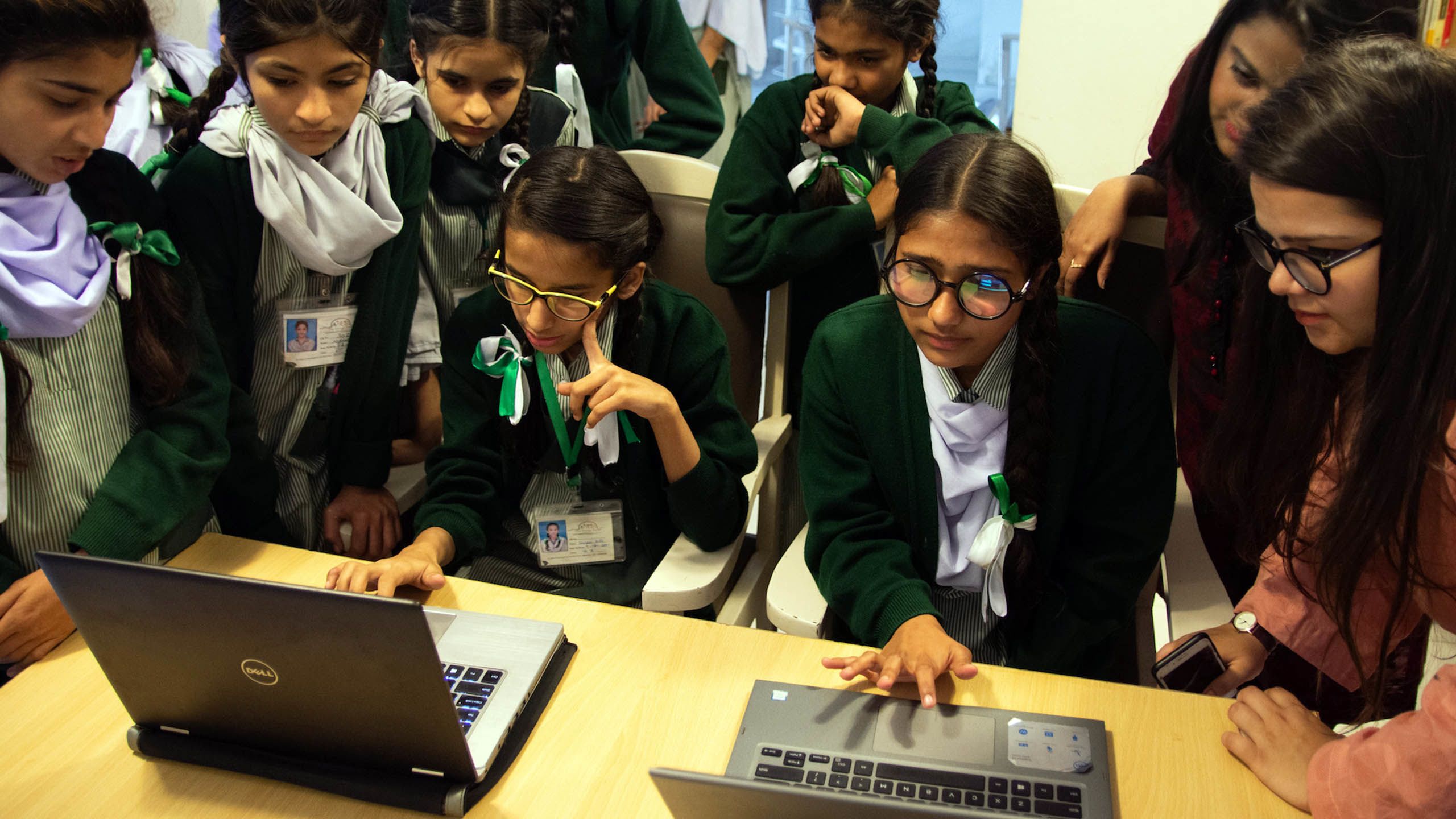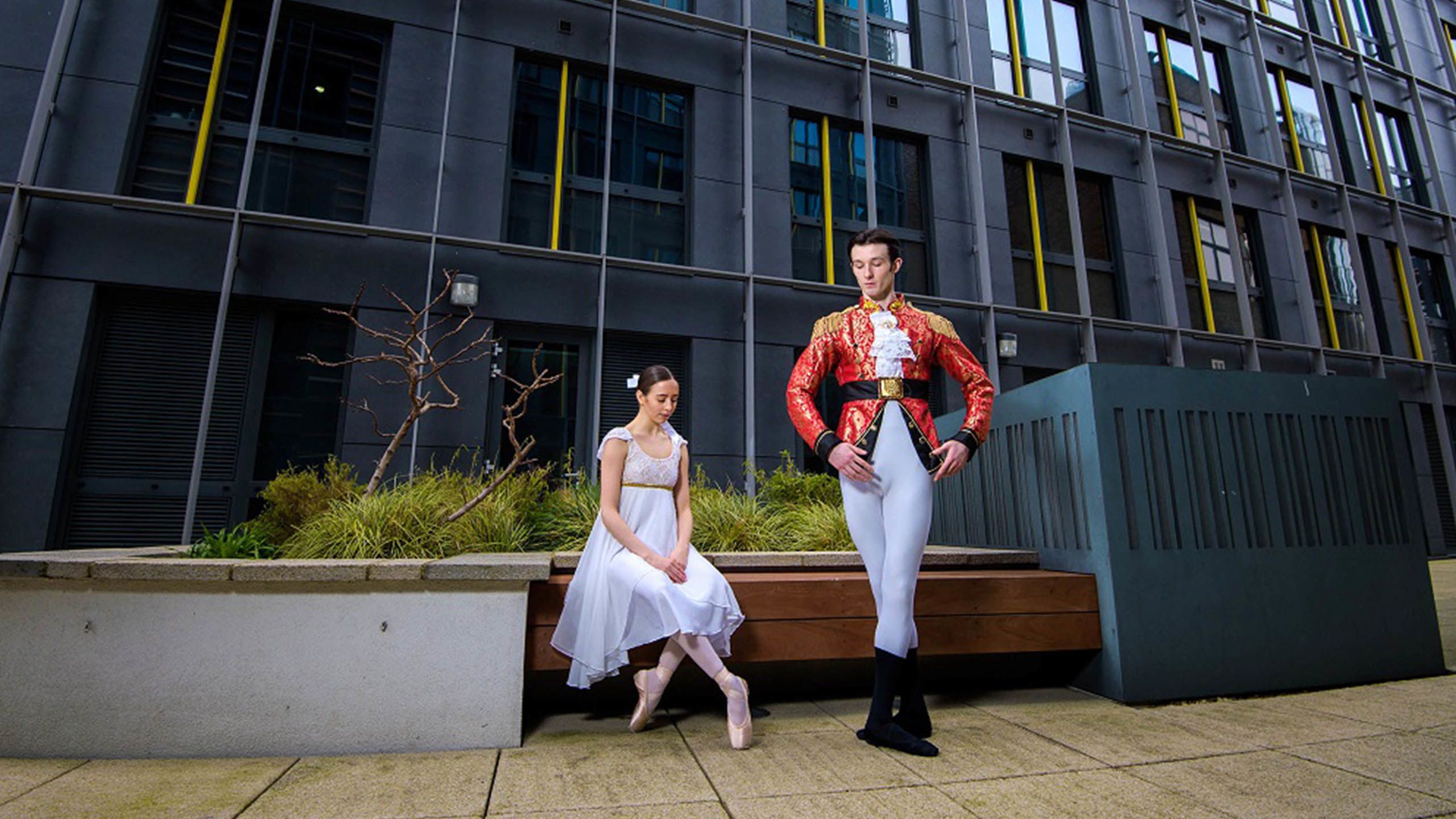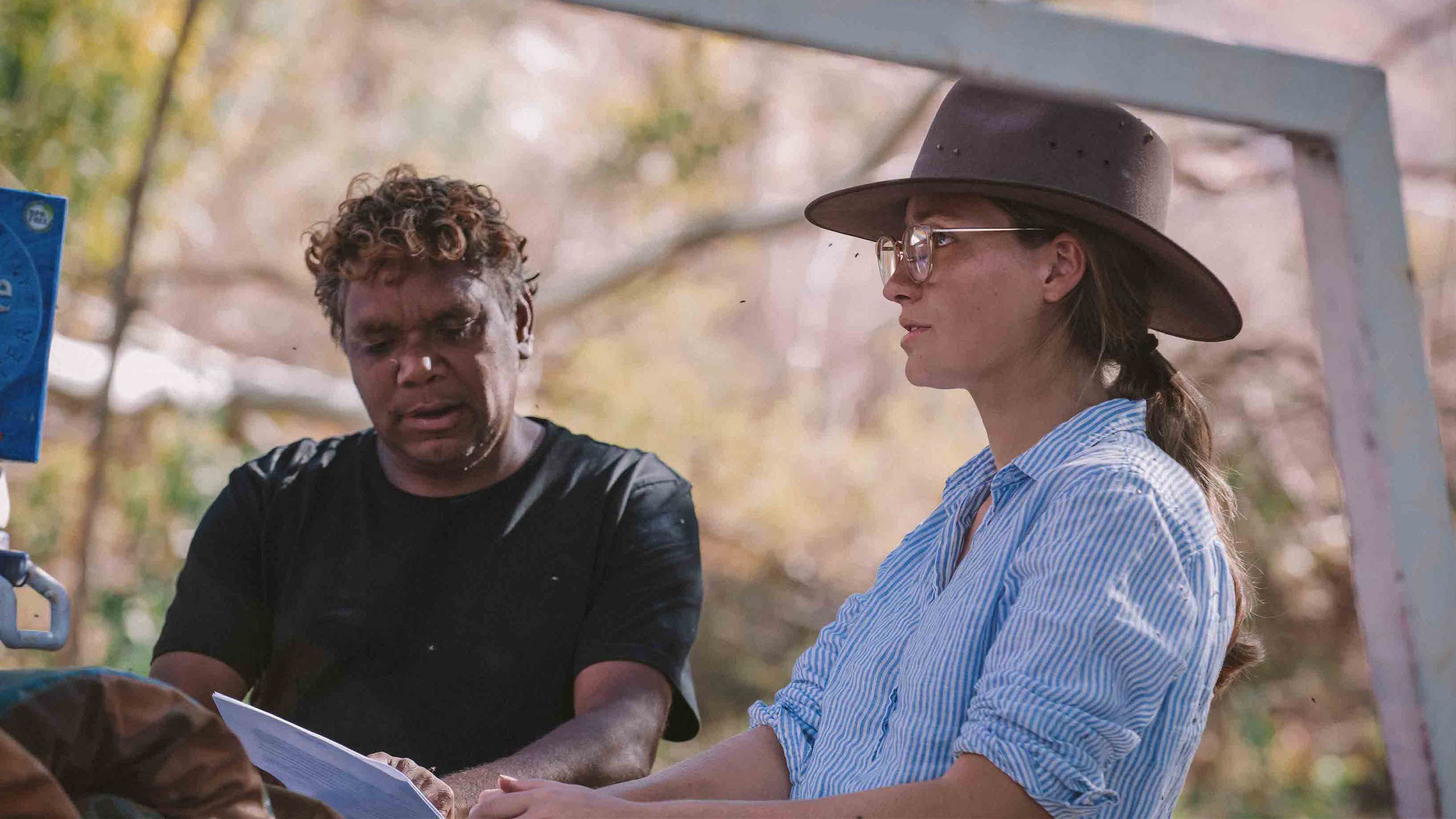Reframing 2020: A year of pioneers in pictures
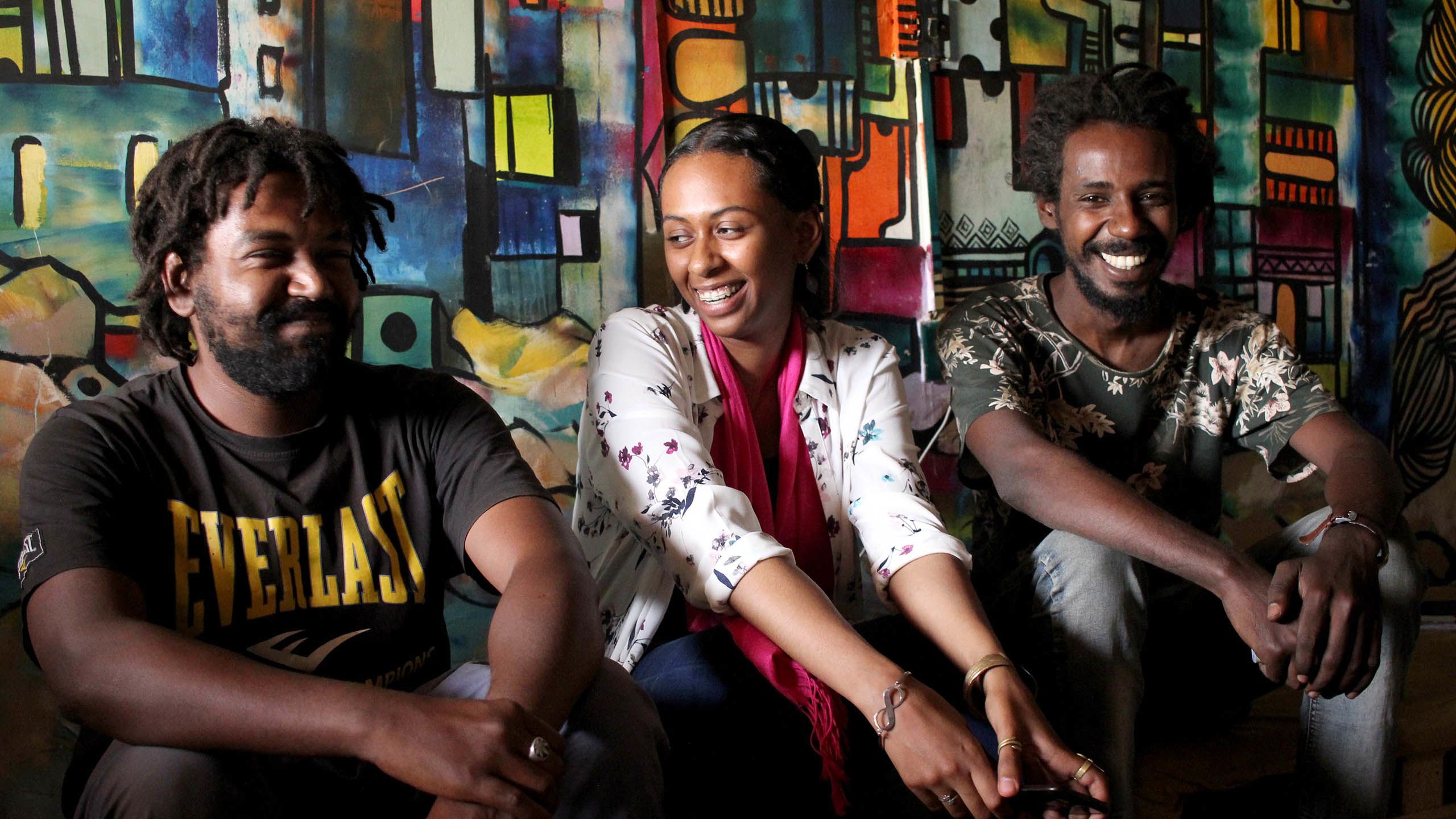
2020 may be a year that you want to forget, and no-one would blame you. This year will likely be remembered as a turbulent time with lives around the world upended by a deadly pandemic, unrest and challenges to long-standing democracy.
But there is also a different version of history. This year was a time of artistic creativity, technological innovation and human empathy. Our top pictures from the stories we published this year show just that.
Brazil is one of the world’s worst-hit countries by the coronavirus pandemic. One indigenous community, unhopeful of government aid beyond offers of unproven medical ‘cures’, took action early to prevent the virus entering their village – setting up an isolation house and deploying an app-based tracing system.
The Kuikuro people, living in a village of 400 inhabitants in Mato Grosso state in the Amazon region, also used the power of storytelling to share important messages. The Kuikuro Film Collective made short video announcements about the importance of staying inside, as well as films to build awareness about the plight of indigenous communities in Brazil and to raise funds from international audiences.
d
d
“We needed to show our reality, our culture, and make art from that perspective. We see filmmaking as a tool of resistance”
Waste Ventures India aims to reduce landfill in the city of Hyderabad through its waste collection, processing, recycling and composting services, while providing an income to about a quarter of all the city’s waste pickers.
When Covid-19 hit, the organisation saw a dramatic drop in business. But it continued to provide essential services in high-risk situations, and didn’t lay anyone off even when they couldn’t work – distributing sustenance pay to each employee’s household to tide them over while waiting for the “storm to pass”.
d
“We used to collect 2,000kg of waste per day from one client. Now we are picking 100kg… Coronavirus completely killed the whole sector”
Human Rights Tattoo aims to spark social change through the power of art, and is tattooing each individual letter of the Universal Declaration of Human Rights on 6,773 people around the world.
In 2019 it was among those taking part in the Open Design Afrika festival, in Cape Town, South Africa. The annual event aims to harness innovation, design thinking and entrepreneurialism to create positive social impact – and to provide a space where people of diverse ages, races, classes and backgrounds can interact.
v
“Teaching people the principles of design can help them solve problems in their everyday lives and in their communities”
Born out of civil war, Myanmar-based social enterprise Third Story Project uses storytelling to open conversations around difficult issues. It has created and distributed more than 182,000 children’s books focusing on peace, tolerance and diversity, and trains community leaders, teachers and young people to use storytelling as a form of expression.
The organisation used stories to explain and debunk myths about Covid-19 to children and adults – overcoming frustratingly poor internet connections to provide its training online for the first time.
g
g
“There are a lot of rumours about how to prevent Covid-19 – like curing it with drinking ginger – the storyteller explains what is and isn't true”
Sudan has a turbulent history and – in spite of a new government taking power after last year's revolution – Covid-19, continuing unrest and a new influx of refugees mean stability is still out of reach.
In Khartoum, there’s a new generation of social entrepreneurs helping to rebuild the country after the revolution – like Anda Kamal Yousif (pictured centre), who helps to manage Mellow Art Space, a community of artists and musicians. During the revolution, the centre became a refuge for some of the protestors and this sense of community continues today.
f
d
“Even the street children, the people with no political background, they were educated by the songs of the revolution”
Eco-Cycle started in the 1970s in Colorado, USA, as neighbourhood kerbside recycling services and is now one of the world’s oldest and largest recycling nonprofits.
The organisation is advocating for new business models that promote reuse and refill instead of single-use plastics – and this is the "tremendous opportunity" the sector offers to social enterprises today.
“We’re reframing why society needs to recycle. It’s not just about reducing waste. It’s about reducing climate impact and creating employment too”
Hundreds of millions of new jobs are needed to keep the growing population of sub-Saharan Africa in work and out of poverty. Even pre-pandemic, economists predicted a need for 600-800 million new jobs in the region by 2050.
Many social enterprises are plugging the employment gap and putting the good of society ahead of making big profits. One example is Kuza, employing young people in rural Kenya and Mozambique as agricultural entrepreneurs who then support local farmers – who have limited or no access to the internet – with information on agricultural processes, micro-credit and markets to help them increase their income.
h
g
“The farmers need not necessarily be digitally literate. Our intent is to slowly give them one step up. We’re democratising access”
A culture of silence veils the subject of menstruation in Pakistan, leaving girls ashamed and unprepared when their first period arrives – half of Pakistani women between the ages of 10-35 have no knowledge of menstruation prior to their first period.
A social enterprise chatbot, Raaji, is using artificial intelligence and pre-programmed content to educate young girls, breaking taboos and empowering schoolgirls to take control of their bodies.
“There's a lot of shaming that happens... they don't understand that it's a normal biological process”
This year innovation foundation Nesta launched a £20m impact fund for arts, cultural and heritage sectors – claimed to be the “world’s biggest investment fund for the creative arts”.
Ballet dancers, architects, comedians, curators and actors in the UK will benefit from loans of up to £1m from the Arts & Culture Impact Fund, which brings together public, private and philanthropic investors to support arts organisations that “have a positive social impact on people and the communities they live in”.
“The arts enrich so many aspects of our lives – and they can also play an important role in building stronger and more inclusive communities”
Rona Glynn-McDonald, pictured above with Garrard Anderson, is the founder of Common Ground, a nonprofit that aims to help Australians learn more about First Nation cultures by sharing their stories, histories and lived experiences.
A proud Kaytetye woman, her work with young people in Australia is now flipping the power dynamic when it comes to influencing change. She was one of the first associates to join YLab, in 2016 – a social enterprise that puts young people with lived experience at the heart of solving complex problems.
g
g
“The whole world has been designed by rich, white men and that’s not the future we want or need”

This immersive feature was produced by Pioneers Post, the leading global news platform for mission-driven businesses, social entrepreneurs and impact investors. We’re also a social enterprise ourselves, with profits ploughed back to support our community of positive changemakers: you can support our work by subscribing, from just £4 per month (and further discounts for start-ups and students).
Get in touch if you'd like to work with us to tell your story.

